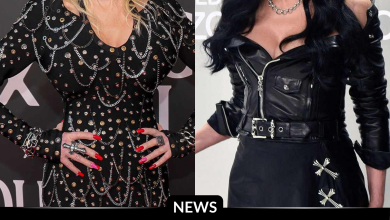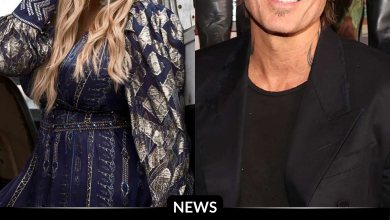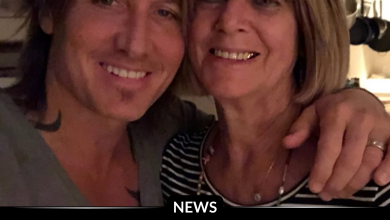“It’s About Survival, Not Vanity”: How Beyoncé’s Three-Word Rule Protected More Than Just Music
OPINION: This article may contain commentary which reflects the author's opinion.
When Beyoncé released Lemonade in 2016, it was more than an album—it was a cultural reckoning. The visual project unfolded like a confession, weaving themes of betrayal, resilience, and empowerment into a raw, poetic journey. But behind the scenes, another act of protection was playing out—one that nearly changed the course of Beyoncé and Jay-Z’s careers.
At the center of it all was a simple, three-word rule Beyoncé reportedly imposed: “It’s about survival.” Those words, and the philosophy behind them, stopped Jay-Z from selling 14 unreleased songs that could have exposed far more than either artist ever intended.
The Hidden Vault: 14 Songs That Almost Saw the Light
Sources close to the artists have long spoken of a collection of 14 unreleased tracks—demos, outtakes, and raw recordings connected to the Lemonade era and their joint streaming service, Tidal. These songs reportedly contained unfiltered reflections on the couple’s private struggles and even references to the inner workings of Tidal itself, which Jay-Z had launched in 2015 as a musician-owned alternative to corporate streaming platforms.
At the time, Tidal was under pressure. Subscriber growth lagged behind industry giants like Apple Music and Spotify, and Jay-Z faced mounting financial challenges. As part of a push to strengthen the platform, he allegedly considered selling exclusive, unreleased music—including the 14-song bundle—to a major competitor.
To most business strategists, it might have seemed like a bold, calculated move. To Beyoncé, it was a step too far.
“It’s About Survival, Not Vanity” — A Principle, Not a Plea
When Beyoncé learned of the proposed sale, she reportedly intervened with a firm stance rooted in the same ethos that guided Lemonade: the idea that art—and the healing it represents—should never be commodified at the expense of personal truth.
Her message to Jay-Z was clear: “It’s about survival, not vanity.”
-
Survival referred not just to their marriage, but to the integrity of their shared narrative. Selling those deeply personal songs might have provided temporary financial relief, but it would have undermined the honesty and vulnerability that Lemonade stood for.
-
Not vanity meant rejecting the impulse to treat pain as a marketing asset or a tool for brand elevation. For Beyoncé, this was about emotional preservation—not corporate performance.
Her insistence halted the deal. The songs remained locked away, their secrets preserved within the couple’s creative and personal boundaries.
A Turning Point: From Loss to Legacy
Jay-Z ultimately accepted the decision, choosing to process the fallout through music rather than commerce. In 2017, he released 4:44, a stripped-down, deeply confessional album that directly addressed the themes of remorse, growth, and redemption raised in Lemonade. Critics hailed it as one of his most personal works—a companion piece that completed the couple’s public dialogue through art, not spectacle.
That choice—to speak through music rather than through leaks—proved wise in the long run. In 2021, Tidal found its financial lifeline when Jack Dorsey’s company, Square (now Block), acquired a majority stake for $302 million. The deal stabilized the platform and validated Jay-Z’s business instincts—without ever compromising the private art that Beyoncé had fought to protect.
The Power of Perspective
Beyoncé’s three-word rule now reads like both a personal mantra and a professional blueprint. “It’s about survival, not vanity” captures her ability to navigate the crossroads between creativity and commerce with rare discipline.
In a music industry that often rewards exposure over integrity, Beyoncé’s restraint showed that protecting one’s story can be as revolutionary as sharing it. The decision didn’t just save 14 songs—it safeguarded a marriage, a message, and a legacy built on authenticity rather than spectacle.



